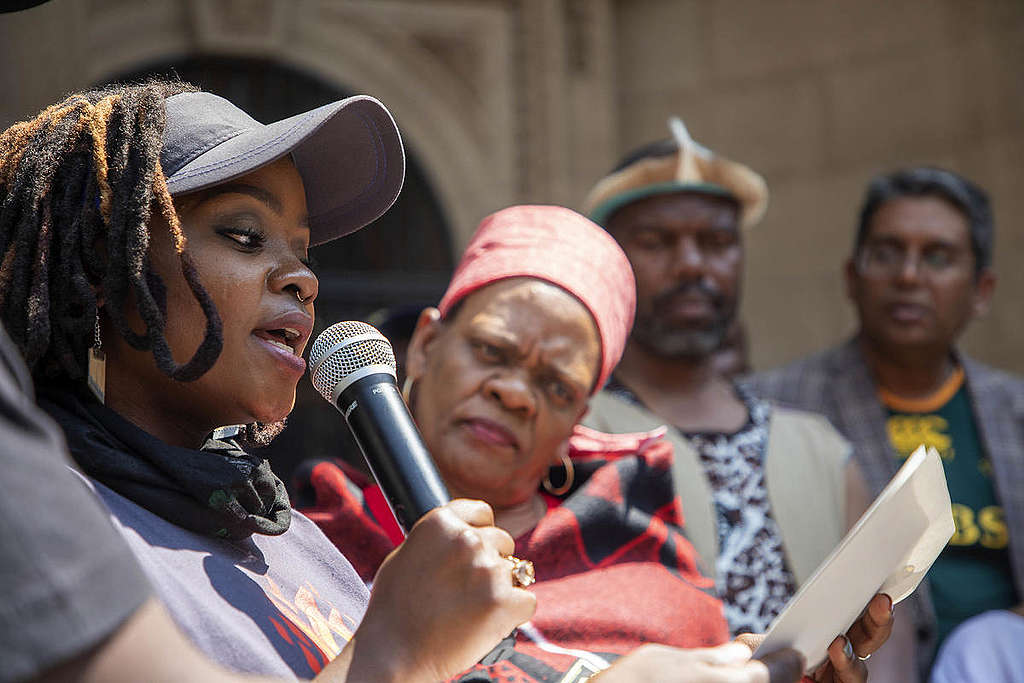One of the first ways to survive a flood is by climbing a tree. In some communities in parts of Africa, women are not allowed to climb trees.
It hurts me to watch how women suffer and how much they go through when climate disasters hit.

In many rural communities, women are the ones who provide food for their families. They work tirelessly, only for a massive flood to come and wash away their crops. They have to start from scratch to restore their lost food, and walk extremely long distances in order to survive.
When the droughts are intense, wells and other available water sources dry up. Women are left with the burden of carrying water on their backs for very long distances to provide for their families. All you hear are cries of back pain because of water stress.
Women carry the responsibility of taking care of children. After catastrophes, many are left homeless with nowhere to go and little hope of survival. The trauma this puts them through is something that they cannot easily recover from. These women become targets for physical and sexual violence; many have to sleep on the streets where only the strong survive.
Most families here survive on subsistence farming. When their only form of survival is affected by increasing droughts or torrential rainfall, many are left unable to take care of all their children. This forces them to make heartbreaking decisions, like giving up their daughters for marriage. When a girl is forced into marriage, that is the beginning of a future destroyed.
Many women are found pregnant during these disasters, which makes survival that much harder. Many women lose their lives. Others have their hopes and dreams buried.

The role of women fighting for climate action should be respected and honored. Women are at the forefront of the climate movement, although that is often forgotten.
When you raise your voice against climate change, you are speaking for millions of women. Thank you.
Vanessa Nakate is one of the leaders of the Fridays for Future movement in Kampala, Uganda.

